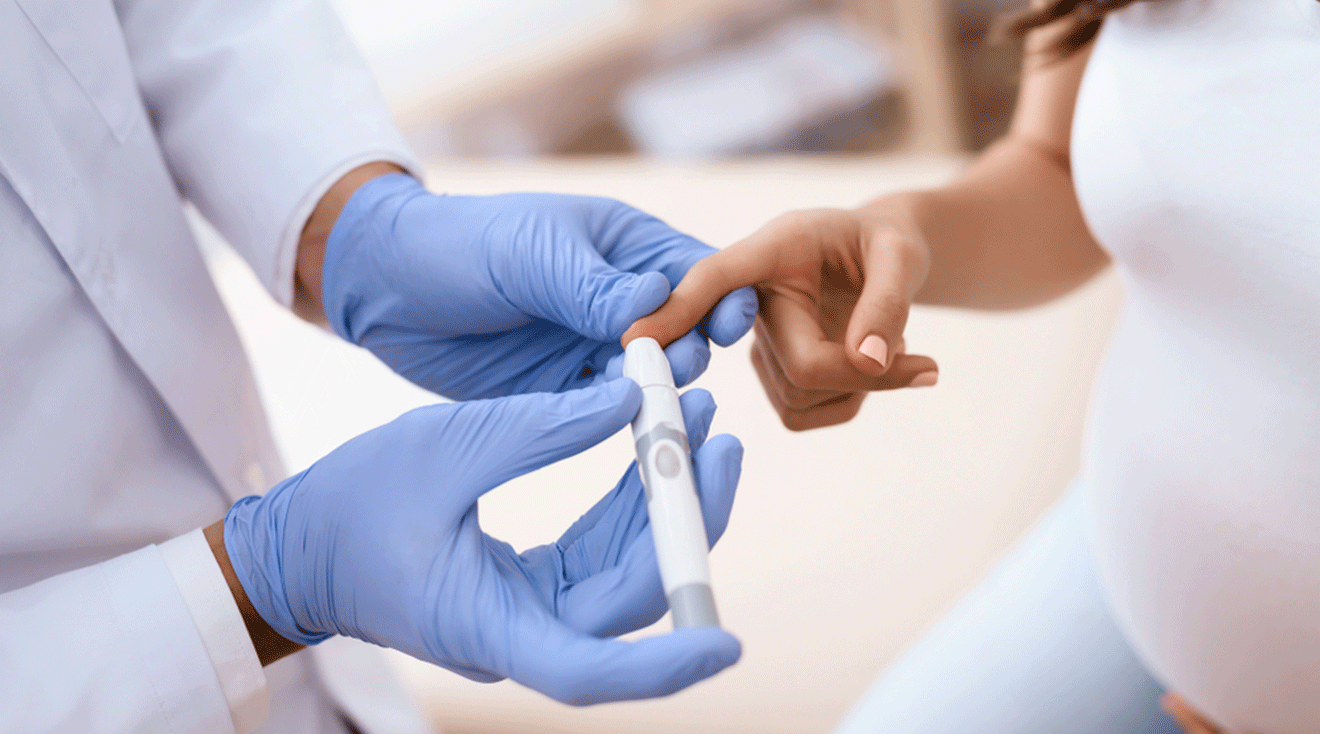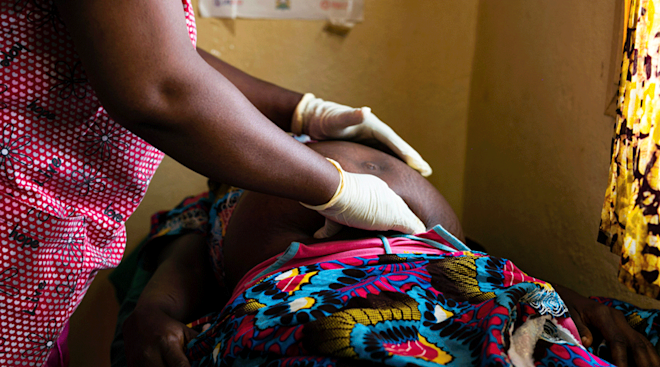Young Adult Prediabetes Linked to Pregnancy Complications Later in Life
Gestational diabetes and preeclampsia continue to impact between 5-10 percent of pregnancies, putting thousands of moms and babies at risk of long-term health issues or even death. The key to lowering the rising maternal and infant mortality rates in the U.S. lies in identifying those at risk of complications early and providing preventive care. Now, a new study has uncovered another important factor doctors may need to watch for—prediabetes in teens and young adults—which could help them take steps to safeguard the health of future moms and their babies.
A study conducted by Mount Sinai researchers and Columbia Mailman School of Public Health recently revealed a link between prediabetes among young people and adverse pregnancy outcomes later in life. For the study, published in JAMA Pediatrics, researchers analyzed data from over 14,000 individuals between the ages of 10 and 24, linking New York City birth registry, hospital discharge, and A1C Registry data between 2009 and 2017. The findings suggest that prediabetes during adolescence may lead to gestational diabetes and pregnancy-related high blood pressure—conditions like preeclampsia that can pose serious risks to both mother and baby.
Prediabetes, a condition where blood sugar levels are higher than normal but not yet in the diabetic range, is becoming more common in teens and young adults. According to the American Diabetes Association. Currently, one in three teens between the ages of 12 and 19 have prediabetes, with higher rates seen among Hispanic, Black, and low-income youth who are less likely to receive prenatal care. What’s more, researchers noted that even slightly elevated blood sugar levels, measured by hemoglobin A1c, could predict pregnancy complications in young adults.
“The lack of uniform preconception prediabetes treatment guidelines for adolescents may represent a missed opportunity to avert pregnancy-related complications,” said study author Katharine McCarthy, PhD, MPH, Assistant Professor of Population Health Science and Policy, and Obstetrics, Gynecology and Reproductive Science at the Icahn School of Medicine at Mount Sinai. “Our results support expanded preconception hemoglobin A1c screening as a mechanism to intervene on excess cardiometabolic risk earlier in the life course.”
Moving forward, the research team plans to explore school-based interventions that could reduce health risks in youth and improve pregnancy outcomes down the road. If you’re concerned that your history of prediabetes may affect your upcoming pregnancy, it’s important to talk to your doctor about early screening and close monitoring for signs of gestational diabetes and preeclampsia. Early detection and proactive care can help keep both you and your baby healthy throughout pregnancy.
Please note: The Bump and the materials and information it contains are not intended to, and do not constitute, medical or other health advice or diagnosis and should not be used as such. You should always consult with a qualified physician or health professional about your specific circumstances.
Navigate forward to interact with the calendar and select a date. Press the question mark key to get the keyboard shortcuts for changing dates.





















































